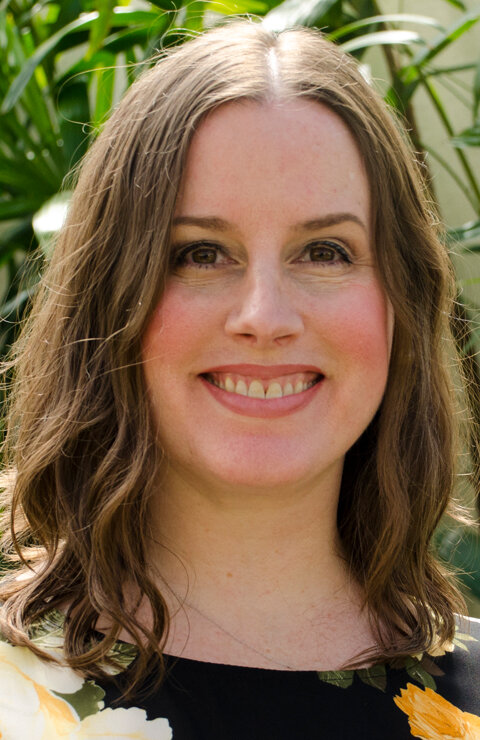Mindfulness Meditation: Balance, Power and Joy
Mindfulness Meditation Teacher, Author and Speaker
Healing Conversation #156
Also, Watch The Insightful Video Below:
In America, general programming tells us to be in control and fill our space with things, even our minds. In the East, it even appears that we are supposed to control our thoughts with meditation, forcing our focus “back to our breath.”
Although this appears to be a form of control, it’s actually at its most extreme, a form of mastery. Meditation is a way for us to slow down, create more space, and sit in that space, so that we can gain insight, accept, and respond to life in kind and thoughtful ways. Sitting in a lot of space can be very uncomfortable. Imagine sitting with someone in silence when you’re not meditating or doing anything else physical together. Awkward, right? Especially if you don’t know someone well, you usually try to fill that space with words, TV or something!
So, take that concept one step further. If we’re not filling the space or controlling our thoughts, we’re just being there allowing things to be as they are. It’s a feeling of being present and experiencing pure relaxation, but fear (or whatever else that may be buried) may also naturally come to the surface.
When Heather D. Gwaltney was in my mid-20’s, she started dating someone who meditated himself. She’d been curious about it, but was never as called to do it as she was at that moment. He talked to her about the kind of meditation he did, which was called Vipassana or Insight Meditation.
At the time, he had been to several retreats that lasted up to a month (10-day and one-month-long retreats being the most common). Heather laughed at the idea of going on a month-long retreat, but started by just sitting and breathing.
She would sit for 10 minutes or so once or twice a week, and although it felt really awkward, she just kept at it.
Nearly 20 years later, and after several workshops and retreats, Heather meditates now every day (for at least 30 minutes) and sometimes twice, if the day has been difficult.
This is what meditation helps her cultivate:
Self-acceptance and acceptance of others.
Compassion for self and others.
Clarity about people and situations – in both my private and professional lives.
Emotional/psychological/energetic freedom.
Mastery over her own thoughts, feelings, and actions, which includes a shift from knee-jerk reactions to more thoughtful responses.
Now, she:
Can see things more clearly.
she is more grounded.
Has greater awareness of where that boundary is between others and myself.
Feels more relaxed and connected to herself and others.
Can see bullshit really easily and tell when people lie to her.
She is able to focus in meetings and do better work, especially work that requires attention to detail.
Has a greater sense of well-being, as though everything will be okay.
Really sees the humor in herself and situations.


